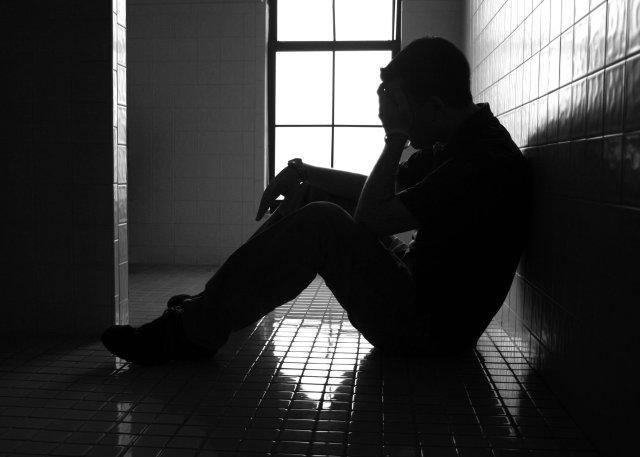Any death by suicide is commonly unexpected and sudden. The act itself may even be disturbing. The degree of shock and trauma experienced are different to other types of bereavement and many people may struggle to understand why and what happened. This type of bereavement can bring on intense emotions and physical reactions that may be unfamiliar and uncontrollable.
Guilt, shame, anger, sadness, and fear are some common emotions that many experience after a suicide and certain people may become vulnerable to thoughts of suicide themselves. Some physical attributes include sleeplessness, poor concentration, poor hygiene, no appetite, stomach pains, and tightness of the body.
There are usually two haunting questions that friends and family members will think about post suicide, such as:
“Why did the person take their life?”
“How could I have prevented it?”
 It is natural for some to take a considerable amount of time exploring these questions and honestly, it is an important part of the grieving process. However, it can also be damaging if these questions are occupying most of the person’s thoughts, if an answer cannot fully be determined, or if an answer is not what can be accepted. There tend to be various different contributing factors, and rarely any simplistic explanations. Even if all the answers were to be unveiled, it does not change the past or ease the grief.
It is natural for some to take a considerable amount of time exploring these questions and honestly, it is an important part of the grieving process. However, it can also be damaging if these questions are occupying most of the person’s thoughts, if an answer cannot fully be determined, or if an answer is not what can be accepted. There tend to be various different contributing factors, and rarely any simplistic explanations. Even if all the answers were to be unveiled, it does not change the past or ease the grief.
Unfortunately, there is still a stigma attached to suicide. This stigma can prevent people from seeking help when they need it and even prevent others from wanting to reach out to help. Many feel isolated, others avoid them from not knowing what to say, or because they do not know what to say or how to show support. The sense of isolation may be especially difficult if outsiders become judgemental - as some may receive thoughtless comments about the suicide.

Often times after a suicide, families will struggle to communicate even though they can be a great source of support. The range of feelings and emotions experienced can be so unfamiliar, some may find it difficult to share - and worry about causing more pain or having a different view. Existing tensions can resurface as a result of shock - which can make situations even harder. Everyone deals with grief differently, so it is important for every family member to do so, as well as show each support when needed.
The grieving process in general is complicated and significant effects may still be felt for years after the death. Each person will have a different relationship with the person who died, so there is no single correct way to experience grief. It is likely there will be unanswered questions - and the sadness of losing someone in such a tragic way will never completely disappear, but there are ways to resolve grief and gain acceptance in order to move forward with life.





Leave a comment (all fields required)